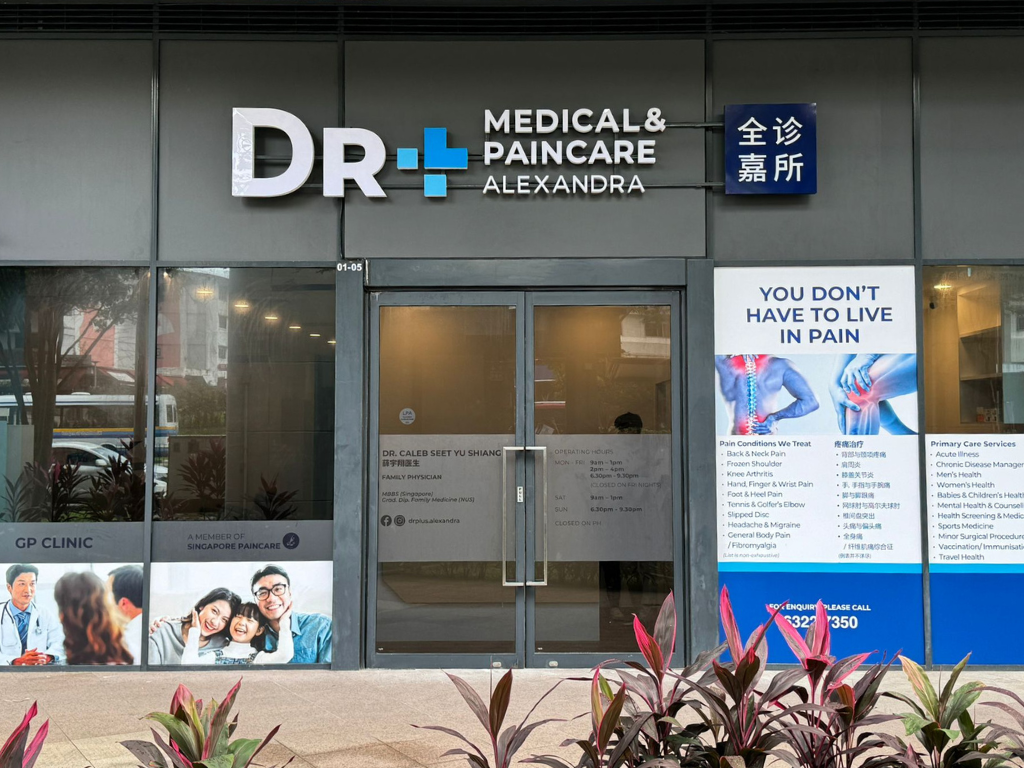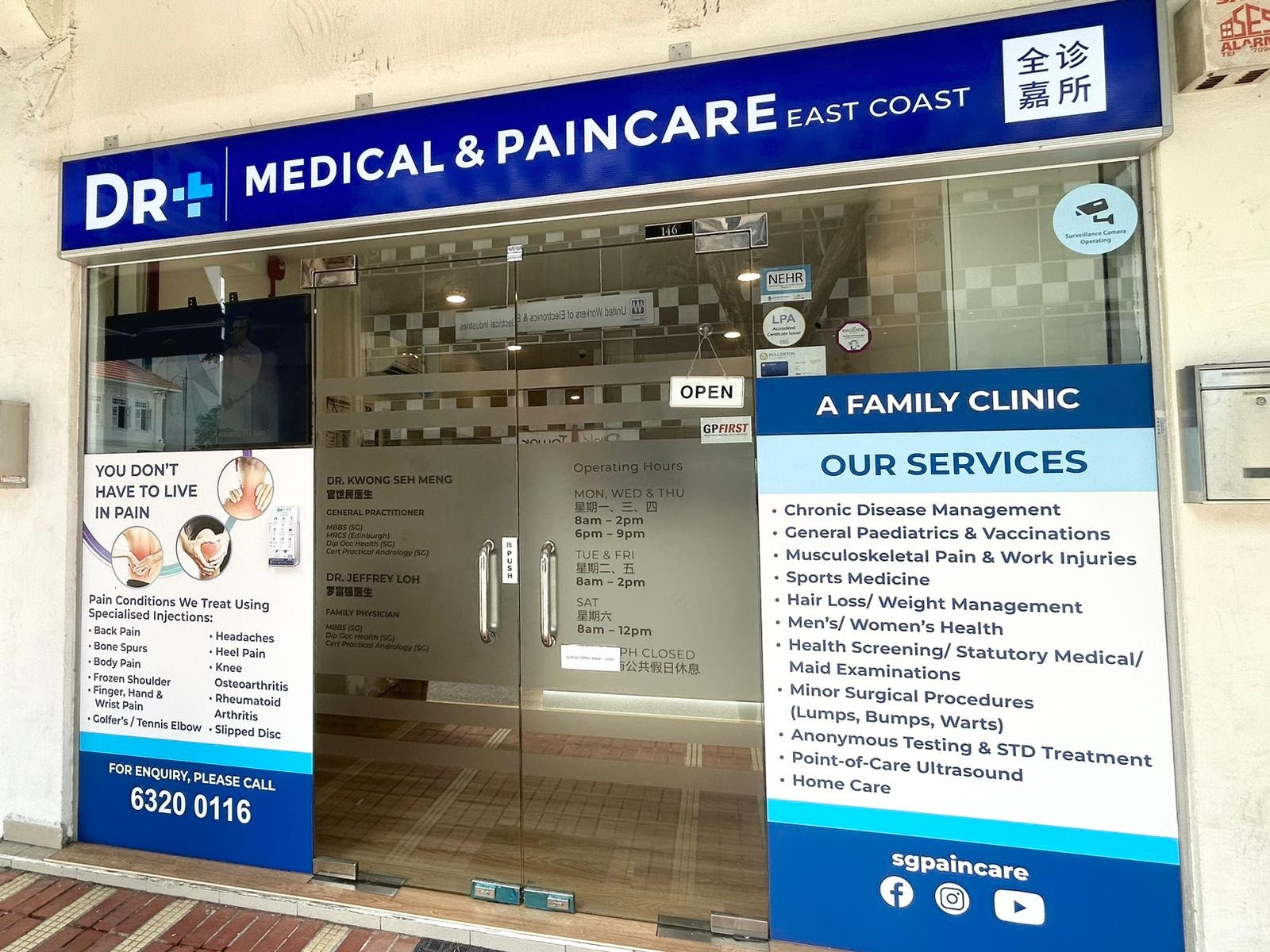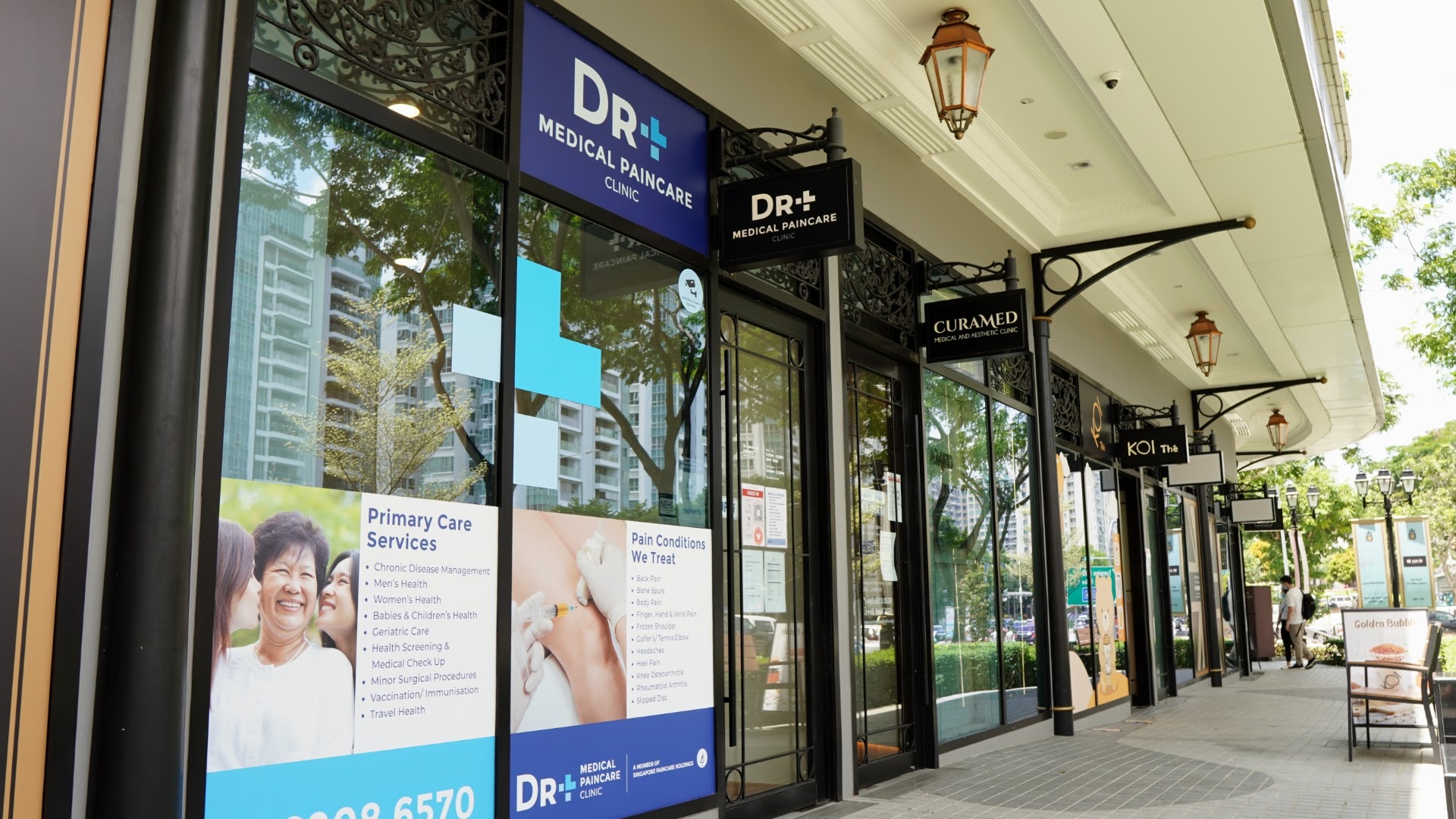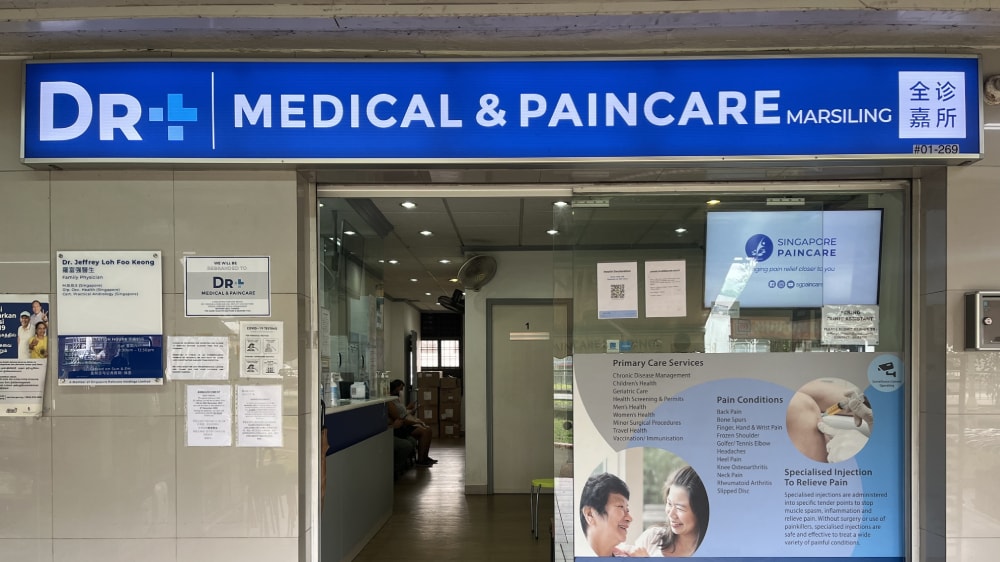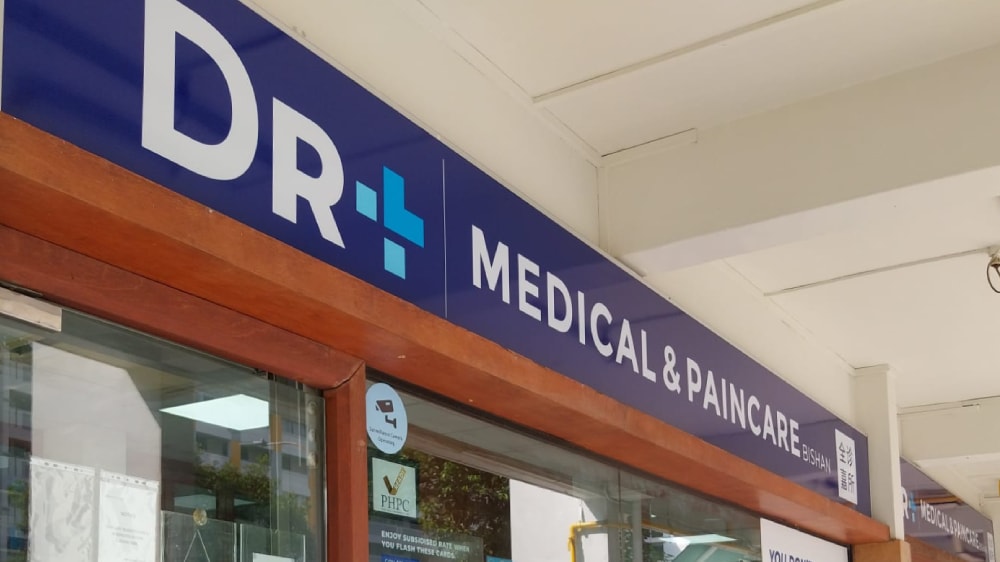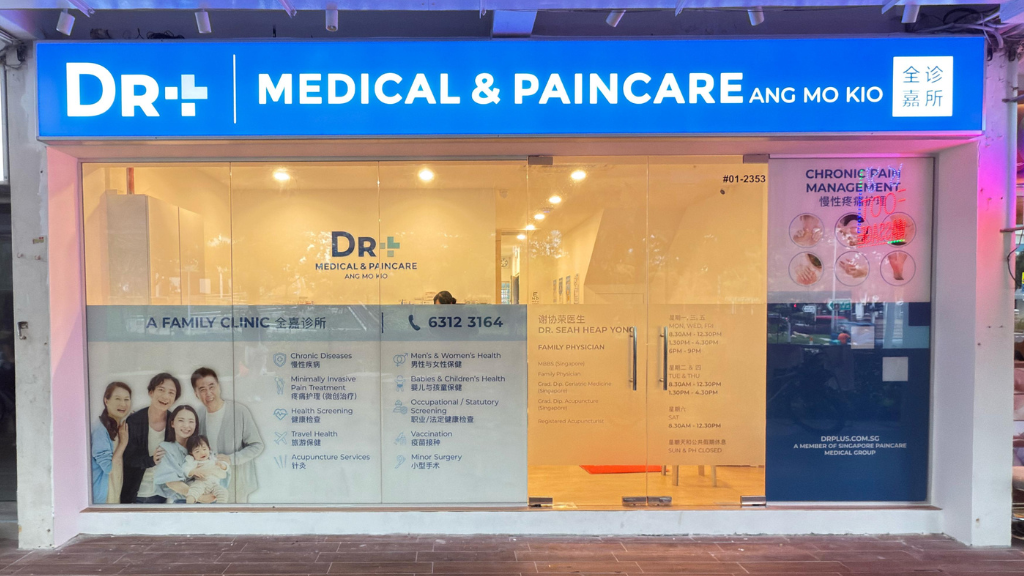Achilles Tendonitis

What is Achilles Tendonitis
Achilles tendonitis is a condition characterised by inflammation, irritation, and swelling of the Achilles tendon, the large tendon located at the back of the ankle. This tendon connects the calf muscles to the heel bone, and plays a role in activities like walking, running, and jumping. Achilles tendonitis ranges from a mild ache in the ankle to severe pain that can restrict movement.
Signs and Symptoms
Achilles tendonitis presents with several symptoms, which worsen with continued physical activity. This includes:
- Pain Along the Tendon: This may initially be a mild ache above the heel after running or sports. Over time, it can escalate to persistent pain, especially after prolonged or intense activity.
- Morning Stiffness and Tenderness: The area around the Achilles tendon may feel stiff, especially in the morning or after periods of rest. There may be tenderness to the touch, which decreases with mild activity.
- Swelling and Warmth: Noticeable swelling along the tendon is common, and the area may feel warm due to inflammation.
- Reduced Range of Motion: Difficulty or discomfort while flexing the foot or standing on tiptoe, often accompanied by a feeling of tightness in the calf muscles
Struggling With Persistent Pain?
Consult one of our DR+ today for a detailed consultation & personalised treatment plan.
Causes and Risk Factors of Achilles Tendonitis
Achilles tendonitis results from repetitive stress to the tendon, caused by mechanical and non-mechanical factors.
Mechanical Factors
- Overuse and Strain: Frequent physical activities that place stress on the tendon, like running or jumping sports, can lead to overuse injuries.
- Sudden Increase in Physical Activity: A rapid increase in the intensity or duration of exercise can strain the Achilles tendon.
- Inadequate Footwear: Shoes that do not provide proper support or are worn out can increase the risk.
- Tight Calf Muscles: Limited flexibility in the calf muscles can put extra stress on the Achilles tendon.
- Previous Injuries: A history of tendonitis or tendon injuries can predispose an individual to further issues.
- Obesity: Individuals who are obese often experience an increased strain on the tendon.
Non-Mechanical Factors
- Biological Factors: Some biological predispositions could result in uneven distribution of weight on the feet and the heel.
- Medical Conditions: Certain conditions, such as diabetes, can make tendon fibres stiff and weak.
- Age: The tendon weakens with age, making older individuals more susceptible.
- Gender: Achilles tendonitis is generally more prevalent in men than women.
Treatment Modalities
Pain Medication
This involves the use of medications such as Non-Steroidal Anti-Inflammatory Drugs (NSAIDs), opioids, and other specialised medications designed for pain management. The type and dosage are tailored to the individual’s condition and medical history.
Myospan
Minimally invasive treatments aim to effectively relieve common pain conditions by targeting pain sources.
- Coreflex Injections: Typically contain a corticosteroid and are used for inflamed joints or tissues.
- Platelet-Rich Plasma (PRP) injections: Utilise own platelets to promote healing in damaged tissues.
- Intra-Articular Injections: Most commonly used to treat osteoarthritis in the hip or knee, but they can also be given in other joints, including shoulders, wrists, ankles, hands, and fingers.
For chronic pain conditions originating from spinal issues, Neurospan can be performed by our team of pain specialists from Singapore Paincare Center.
Prevention Strategies
Preventing Achilles tendonitis involves strategies to reduce stress on the tendon.
- Gradual Increase in Activity: Avoid sudden spikes in the intensity or duration of exercise. Gradually build up the activity level, especially when starting new or more strenuous exercises.
- Proper Footwear: Wear shoes that provide adequate support and cushioning. Replace athletic shoes regularly.
- Stretching and Strengthening: Regular stretching of the calf muscles can improve flexibility. Strengthening exercises for the calf and ankle can also reduce the strain on the Achilles tendon.
- Cross-Training: Engage in a variety of exercises to evenly distribute physical stress and reduce the focus on activities that heavily involve the Achilles tendon.
- Adequate Rest: Allow time for recovery between intense physical activities. Rest can help prevent overuse injuries.
- Weight Management: Maintaining a healthy weight reduces the load on the Achilles tendon during activities.
Frequently Asked Questions
What is the typical recovery time for Achilles tendonitis?
The recovery time can vary depending on the severity of the condition and the individual’s response to treatment. Mild cases may resolve in a few weeks, while more severe cases can take months.
Can Achilles tendonitis lead to more serious conditions?
If left untreated, Achilles tendonitis can lead to tendon degeneration and increase the risk of tendon rupture, a severe condition requiring surgical intervention.
Is it safe to continue sports or exercise with Achilles tendonitis?
Reduce or modify activities that may exacerbate the symptoms. Low-impact exercises may be suitable in some cases.
Are there any home remedies for Achilles tendonitis?
Rest, ice, compression, and elevation (RICE) can be effective for managing mild symptoms. Over-the-counter pain relievers may also help, but they should be used with caution.
When should I see a doctor?
Consult us if the pain persists despite home treatment, or if there is severe pain, swelling, or difficulty walking.
Can Achilles tendonitis recur?
Yes, especially if the underlying causes, such as overuse or inadequate footwear, are not addressed. Recurrence can be minimised with appropriate preventive measures.
Our Clinics
- Mon, Tue & Thu: 9am to 1pm, 2pm to 4pm, 6:30pm to 9:30pm
- Wed & Fri: 9am to 1pm, 2pm to 4pm
- Sat: 9am to 1pm
- Closed on Sun & PH
-
(Kindly note that clinic’s last registration is 15mins before closing time.)
- Mon, Wed, Thu: 8:00am – 2:00pm, 6:00pm – 9:00pm
- Tue & Fri: 8:00am – 2:00pm
- Sat: 8:00am – 12:00pm
- Sun: 10:00am – 1:00pm
- PH: Closed
#01-54 The Midtown, Singapore 533971
- Mon to Fri: 8:00am – 12:00pm, 1:00pm – 3:00pm, 6:00pm – 9:00pm
- Sat: 8:00am – 12:00pm
- Sun & PH: Closed
988 Upper Serangoon Rd, Singapore 534733
- Mon to Fri: 8:30am – 2:30pm, 6:00pm – 10:00pm
- Sat & Sun: 8:30am – 12:30pm
- PH: Closed
-
(Kindly note that clinic’s last registration is 15mins before closing time.)
Singapore 730018
- Mon: 8:00am – 9:00pm
- Tue – Fri: 8:00am – 4:30pm, 7:00pm – 9:00pm
- Sat: 8:00am – 12:30pm
- Sun & PH: Closed
-
Kindly note that clinic’s last registration is 15mins before closing time.
-
(Last registration timing – Mon: 8:45pm, Tue – Fri: 4:15pm & 8:45pm, Sat: 12:15pm)
Thomson Imperial Court, Singapore 574424
- Mon to Wed: 8:30am – 10:00pm
- Thu: 8:30am – 3:00pm, 6:00pm-9:30pm
- Fri: 8:30am – 6:00pm
- Sat & Sun: 9:00am – 3:00pm
- PH: Closed
-
(Kindly note that clinic’s last registration is 15mins before closing time.)
Singapore 640221
- Mon – Thu: 8:00am – 4:00pm, 6:00pm – 8:00pm
- Fri: 8:00am – 4:00pm
- Sat & Sun: 8:00am – 1:00pm
- PH: Closed
-
(Kindly note that clinic’s last registration is 15mins before closing time.)
#01-95, Singapore 570121
- Mon to Fri: 8:00am – 5:00pm, 6:00pm – 9:00pm
- Sat & Sun: 8:00am – 1:00pm
- PH: Closed
-
(Kindly note that clinic’s last registration is 15mins before closing time but may close earlier if the queue is unusually long.)
- Mon, Wed & Fri: 8:30am – 12:30pm, 1:30pm – 4:30pm, 6:00pm – 9:00pm
- Tue & Thu: 8:30am – 12:30pm, 1:30pm – 4:30pm
- Sat: 8:30am – 12:30pm
- Closed on Sun & PH
-
(Kindly note that clinic’s last registration is 15mins before closing time.)
Need Advice On Your Condition?
Please fill out the form and we will be in touch with you shortly.

